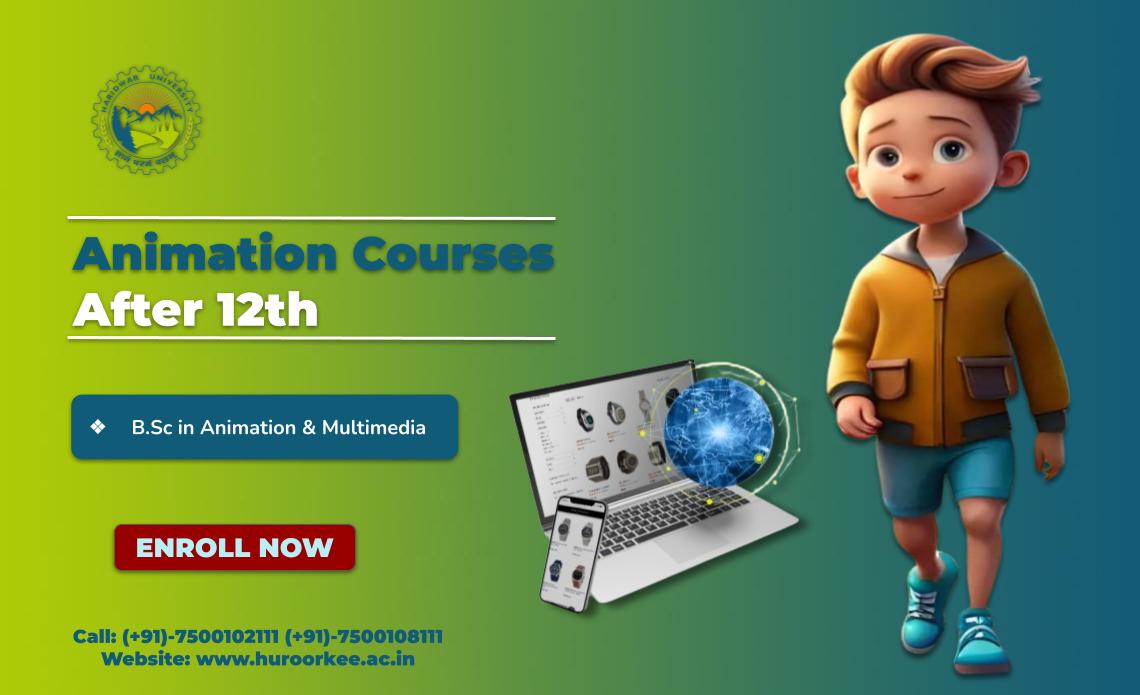Becoming a Data Scientist typically involves acquiring a strong foundation in mathematics, statistics, computer science, and domain knowledge in a specific field. While there isn’t a direct path to becoming a data scientist right after completing your 12th standard, you can follow a structured educational path to pursue this career. Here’s a general guideline on how to become a data scientist:
1. Complete Your 12th Standard with Strong Background in Math and Science
To complete your 12th standard with a strong background in math and science, specifically to pursue a career as a data scientist, you should focus on building a solid foundation in relevant subjects. Here’s a tailored approach:
- Focus on subjects like Mathematics, Science Subjects, Statistics and Probability, Computer Science, and any other relevant subjects during your 12th standard.
2. Earn a Bachelor’s Degree in a Relevant Field
- Pursue a bachelor’s degree in fields such as Mathematics, Statistics, Computer Science, Data Science, Engineering, Economics, or any other quantitative discipline.
- While it’s not mandatory to have a specific degree to become a data scientist, a strong foundation in quantitative subjects is essential.
Are you ready to embark on a transformative educational journey? Haridwar University, renowned as the best university in Uttarakhand, invites you to pursue your Bachelor’s degree with us and unlock your full potential in a dynamic and supportive academic environment. Situated in the picturesque landscapes of Uttarakhand, Haridwar University is committed to providing a world-class education that prepares students for success in their chosen fields.
3. Acquire Skills in Programming and Data Analysis
- Learn programming languages commonly used in data science such as Python, R, SQL, and/or Java.
- Gain proficiency in data analysis, data visualization, and manipulation techniques.
- Familiarize yourself with tools and libraries used in data science such as Pandas, NumPy, Scikit-learn, TensorFlow, and Matplotlib.
4. Gain Knowledge in Machine Learning and Statistics
- Study machine learning algorithms, techniques, and methodologies used in data analysis and predictive modeling.
- Learn statistical methods and concepts relevant to data analysis, hypothesis testing, and experimental design.
5. Complete Advanced Education (Optional)
- Consider pursuing a master’s degree or Ph.D. in Data Science, Statistics, Computer Science, or a related field for advanced training and specialization.
- Advanced degrees can provide in-depth knowledge, research opportunities, and networking opportunities in the field of data science.
6. Build a Portfolio of Projects
- Work on real-world projects involving data analysis, machine learning, and predictive modeling.
- Showcase your projects on platforms like GitHub or Kaggle to demonstrate your skills and expertise to potential employers.
7. Gain Practical Experience through Internships or Entry-level Positions
- Look for internships or entry-level positions in data-related roles such as data analyst, business analyst, or research assistant.
- Gain hands-on experience working with real data, solving problems, and collaborating with multidisciplinary teams.
8. Continuous Learning and Skill Development
- Stay updated with the latest trends, techniques, and tools in data science through online courses, workshops, conferences, and professional certifications.
- Participate in online communities, forums, and meetups to connect with fellow data scientists and experts in the field.
9. Network and Build Professional Relationships
- Attend industry events, conferences, and networking events to meet professionals in the field and learn about job opportunities.
- Connect with data scientists, recruiters, and professionals on professional networking platforms like LinkedIn.
10. Apply for Data Scientist Positions
- Once you have acquired the necessary skills and experience, start applying for data scientist positions in companies, research institutions, consulting firms, and startups.
- Tailor your resume and cover letter to highlight your relevant skills, experience, and projects.
- Prepare for technical interviews by practicing coding challenges, machine learning algorithms, and case studies.
Becoming a data scientist is a journey that requires continuous learning, practical experience, and dedication. By following the steps outlined above and staying committed to your goals, you can embark on a rewarding career in data science.







